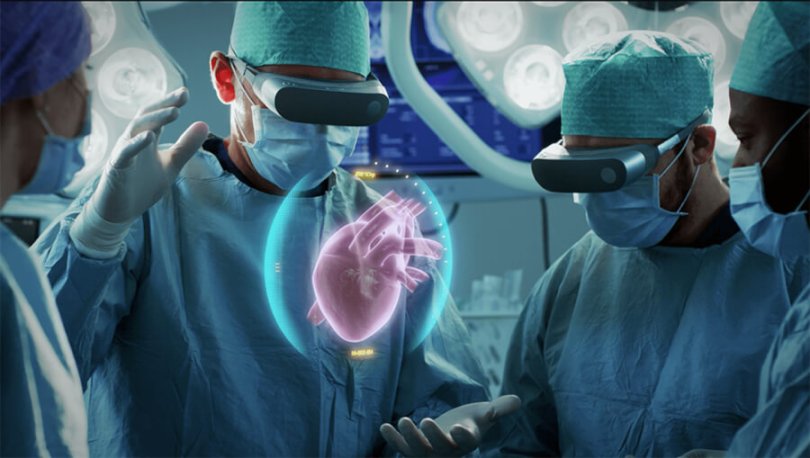The healthcare industry has always been at the forefront of adopting innovative technologies to improve patient care, enhance efficiency, and push the boundaries of medical science. In recent years, two technological marvels have emerged as game-changers: automation and augmented reality (AR). The integration of these technologies in the healthcare sector promises a future where medical professionals can revolutionize patient treatment, diagnosis, and surgical procedures. Take a small break from playing at Vave casino online to the potential impact of automation and AR in the healthcare industry and what we can expect in the coming years.
Automation in Healthcare
Automation in healthcare refers to the use of robots, machine learning algorithms, and artificial intelligence (AI) systems to perform tasks that were previously done manually by healthcare professionals. With automation, mundane and repetitive tasks can be streamlined, freeing up valuable time for medical personnel to focus on more critical aspects of patient care.
Diagnostics and Imaging
Automated systems can analyze medical images, such as X-rays, MRIs, and CT scans, with greater speed and accuracy than human experts. AI algorithms can identify anomalies and potential health issues, aiding in early diagnosis and improved patient outcomes.
Data Entry and Management
Healthcare facilities generate vast amounts of data daily. Automation can help manage patient records, billing, and administrative tasks, reducing errors and ensuring smooth operations.
Drug Discovery
Automation expedites the drug discovery process by utilizing AI algorithms to analyze vast databases of chemical compounds, predicting potential drug interactions, and speeding up the development of new medications.
Robotic-Assisted Surgery
Surgical robots equipped with precision instruments can assist surgeons during complex procedures, resulting in enhanced surgical outcomes and reduced patient recovery times.
Augmented Reality in Healthcare
Augmented Reality (AR) is a technology that overlays digital information onto the real world, providing users with an enriched and interactive experience. In the healthcare industry, AR has the potential to transform medical education, patient care, and surgical procedures.
Medical Training and Education
AR can enhance medical education by providing interactive, 3D anatomical models, allowing students and healthcare professionals to visualize complex structures and gain hands-on experience in a risk-free environment.
Surgical Planning
On top of that, AR can facilitate surgical planning by projecting patient-specific data, such as CT scans, onto a surgeon’s field of view during an operation. This provides real-time guidance and enhances surgical precision, ultimately reducing the risk of errors.
Patient Care and Rehabilitation
Not only does AR aid in patient care by providing real-time data, patient history, and treatment plans to medical staff, but it also streamlines the decision-making process and improves patient outcomes. Additionally, AR-based rehabilitation exercises can help patients recover more effectively.
Telemedicine and Remote Consultations
AR can enhance telemedicine consultations by allowing physicians to visualize patients’ symptoms and provide more accurate diagnoses and treatment recommendations.
What to Expect in the Future
The integration of automation and AR in the healthcare industry is still in its early stages, but its potential impact is vast. Here are some key developments we can expect to see in the coming years:
Personalized Treatment
Automation and AI will enable healthcare professionals to create highly personalized treatment plans based on an individual’s genetic makeup, lifestyle, and medical history. This approach will lead to more effective and targeted therapies.
Reduced Medical Errors
By automating processes and providing real-time AR guidance, the chances of human error in diagnosis and surgery will be significantly reduced, leading to safer and more reliable medical interventions.
Enhanced Patient Experience
The use of AR in patient care will improve communication between medical staff and patients, leading to better engagement, adherence to treatment plans, and overall satisfaction.
Advanced Robotic Surgery
As robotic-assisted surgery becomes more sophisticated, minimally invasive procedures will become the norm, leading to shorter hospital stays, faster recoveries, and reduced healthcare costs.
Augmented Reality in Mental Health
AR can play a significant role in the field of mental health by providing immersive therapy experiences and tools for stress reduction and anxiety management.











